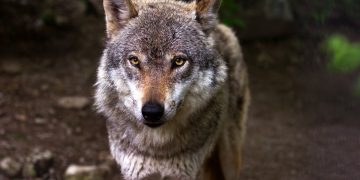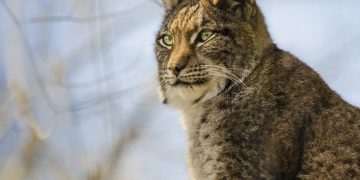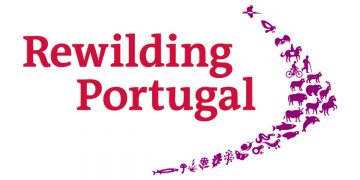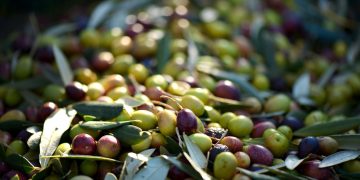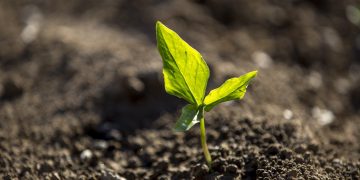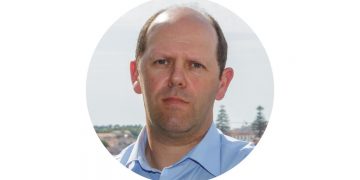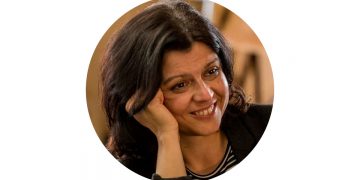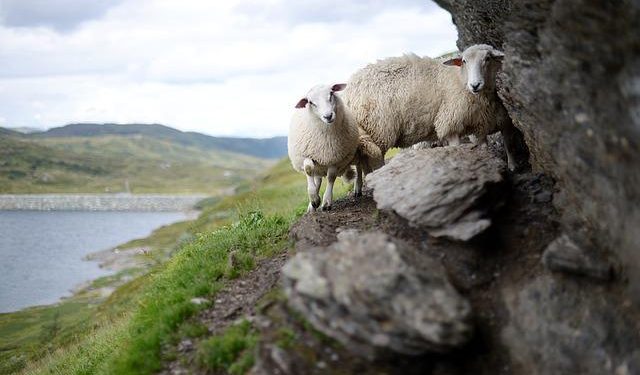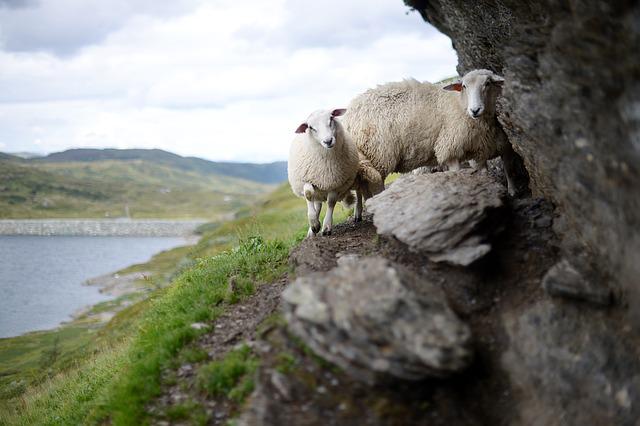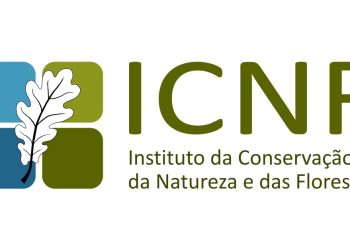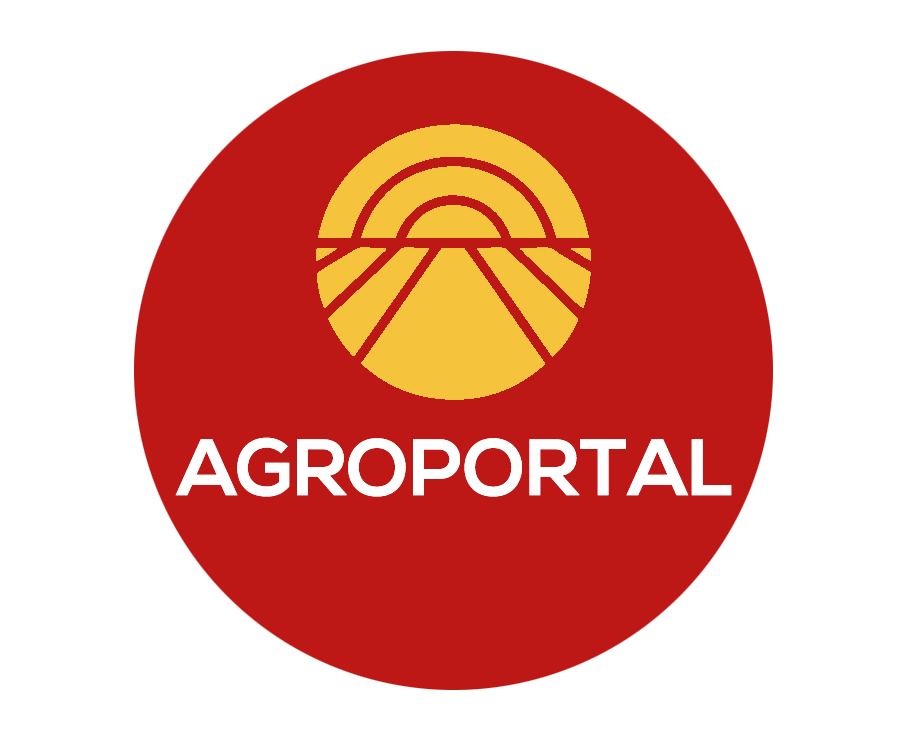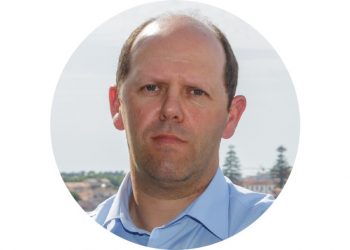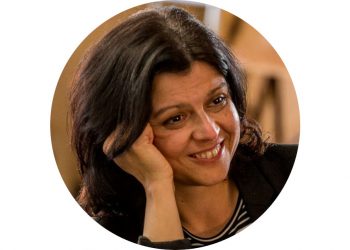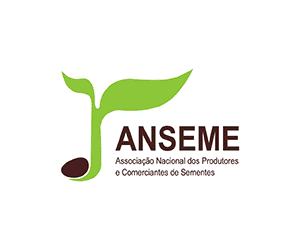Hon. Jackline Koin stands out in her Maasai community as a symbol of visionary female leadership. The Kajiado County Executive member for Agriculture has just started her second five-year term and is excited to continue using this platform to advocate for climate adaptation among her pastoralist community.
Going back to her beginnings, Hon. Koin is a living example of the benefits of girl child education in a society where boys are the default priority, and how that can bring transformative change to an entire society. The Maa being traditionally a patriarchal society, she has defied the odds to not only attain quality education, but also become a government leader. Her life and career choices, as she narrates, were influenced by her desire to see a society free of social injustice and inequality. She grew up seeing young ladies forced into early marriages and some running away from home. Women were relegated to subservient roles, yet their decisions were the backbone of the entire village.
Recent months have seen Kajiado county among numerous others in Kenya ravaged by drought, said to be the worst in 40 years. The Maa’s reliance on fodder has seen countless families move their livestock cross county, which in turn causes stress on available resources, and strain among neighbouring communities. Hon. Koin has been working with partners to conduct community education on available alternatives, so the Maa can shift their mindsets to resilience in their own locality, to buffer their lives and livelihoods.
“We have managed to formulate a livestock feed strategy, what we need now is a communication strategy so we can share solutions in a way that will be accepted, and quickly,” she said.
She works with community workers and goes around educating the people, sharing her own experiences as an animal farmer, and what she is doing differently to adopt. This helps the community to see a tangible example of what works, and some are emulating. “For one, I did not move my own livestock, and I decided to grow hay in my own farm, which I harvested, fed my livestock and also sold some to my neighbours,” she said.
She and her officers have also encouraged the Maa to consider crop farming, and some families have taken up tomato and onion farming. This has diversified their incomes, and given a lifeline to many families.
What is critical is the need for mechanisms for triggering behavior change, as most land and livestock owner among the Maa are older men, who tend to resist change and are not keen on admitting that what they have been doing for generations might not be beneficial anymore.
“This is a case of traditional knowledge that’s refusing to adopt science. A resistance to something new, and unknown, in favour of the comfort of the familiar. We need to change mindsets so that we can have more agents of resilience.,” she said.
However, there is hope. And this is coming from the most unlikely, sometimes disempowered quarters.
“Women and youth are our key target groups, the have proven to be quick adopters, and also spread the word when they try something that works well. They are also more adept to innovation and adjust faster to the digital world, so they have more access to information for better decision making. Those with no information are lagging, that’s why we need to strengthen our awareness through communication. If we target the right groups, we move forward faster,” she said.
Hon. Koin is famed for being nominated to this docket for two consecutive terms and managing to increase the agriculture budget there from below 4% to under 15%. This is no small fete in Kajiado, known for animal rather than crop farming, but is now adopting to both under her leadership.
Her ministry is coming up with approaches to persuade herders to store hay for use during dry seasons, as they educate farmers to grow pasture that is resilient and can survive in hot climatic conditions.
O artigo foi publicado originalmente em Cornell Alliance for Science.

